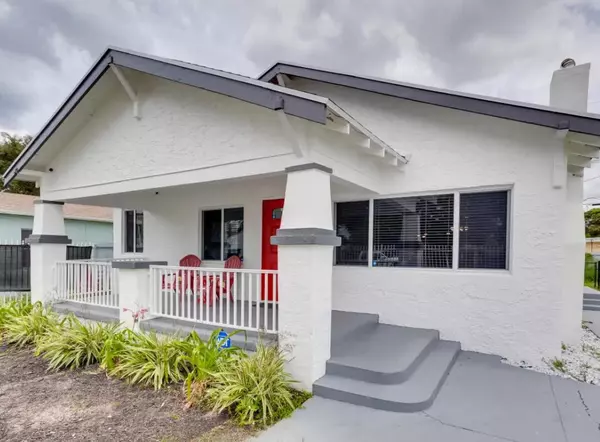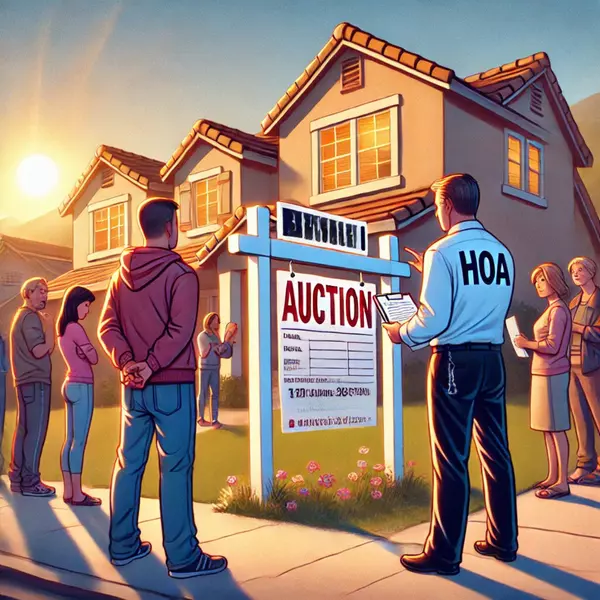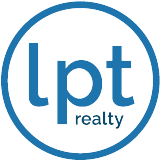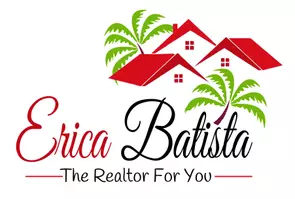Comparing Options to Prevent Foreclosure: Reinstatement, Forbearance, Refinance, and Loan Modification

Facing the loss of your home can be overwhelming, but you have several options to prevent foreclosure. Understanding the differences between reinstatement, forbearance, refinance, and loan modification can help you make an informed decision about which solution is best for your unique situation. With over 15 years of experience and a Certified Distressed Property Expert (CDPE) designation, I’m here to guide you through these options. Feel free to contact me for a personalized assessment.
Reinstatement
What is Reinstatement? Reinstatement involves paying the total amount you owe in missed payments, including any fees and penalties, to bring your mortgage current.
Eligibility and Requirements:
-
You need to have the financial capability to pay the entire past-due amount in a lump sum.
-
Typically used when a homeowner has had a temporary financial setback but can now cover the missed payments.
Why Choose Reinstatement?
-
It’s the fastest way to bring your mortgage current and stop the foreclosure process.
-
No long-term changes to your mortgage terms.
Why You Might Not Choose Reinstatement:
-
Requires a substantial lump sum payment, which may not be feasible for many homeowners.
-
Does not address underlying financial issues that caused the missed payments.
Forbearance
What is Forbearance? Forbearance is an agreement with your lender to temporarily reduce or suspend mortgage payments for a specific period.
Eligibility and Requirements:
-
Usually granted to homeowners experiencing temporary financial hardships, such as job loss or medical issues.
-
Requires documentation of your financial situation and a clear plan to resume payments after the forbearance period.
Why Choose Forbearance?
-
Provides immediate, temporary relief from mortgage payments.
-
Allows time to recover from financial hardship without the threat of immediate foreclosure.
Why You Might Not Choose Forbearance:
-
Payments are only postponed, not forgiven. You will need to repay the missed payments, often through a repayment plan or lump sum.
-
If financial issues persist, you may still face foreclosure after the forbearance period ends.
Refinance
What is Refinance? Refinancing involves obtaining a new mortgage to replace your current one, ideally with better terms, such as a lower interest rate or extended loan term.
Eligibility and Requirements:
-
You need to have sufficient equity in your home and a good credit score.
-
The lender will assess your income, debt, and credit history to determine eligibility.
Why Choose Refinance?
-
Can lower your monthly mortgage payments by securing a lower interest rate or extending the loan term.
-
Can provide funds to pay off other debts or cover major expenses.
Why You Might Not Choose Refinance:
-
Closing costs and fees associated with refinancing can be substantial.
-
May not be an option if you have poor credit or insufficient home equity.
-
The process can be time-consuming and requires a good financial standing.
Loan Modification
What is Loan Modification? A loan modification is a permanent change to your mortgage terms, such as reducing the interest rate, extending the loan term, or changing the loan type to make payments more affordable.
Eligibility and Requirements:
-
Typically for homeowners experiencing long-term financial hardship.
-
Requires detailed documentation of your financial situation and a hardship letter explaining why you need a modification.
Why Choose Loan Modification?
-
Provides a permanent solution to make your mortgage more affordable.
-
Can prevent foreclosure by reducing monthly payments to a manageable level.
Why You Might Not Choose Loan Modification:
-
The application process can be lengthy and complex.
-
Not all lenders offer loan modifications, and approval is not guaranteed.
-
May impact your credit score.
Choosing the right option to prevent foreclosure depends on your unique circumstances. Reinstatement, forbearance, refinance, and loan modification each offer distinct benefits and challenges. As a Certified Distressed Property Expert with over 15 years of experience, I can help you assess which option is best suited for your situation. Contact me today for a free consultation and personalized assistance. Together, we can find a solution to keep you in your home and secure your financial future.
Recent Posts








"Molly's job is to find and attract mastery-based agents to the office, protect the culture, and make sure everyone is happy! "
GET MORE INFORMATION

